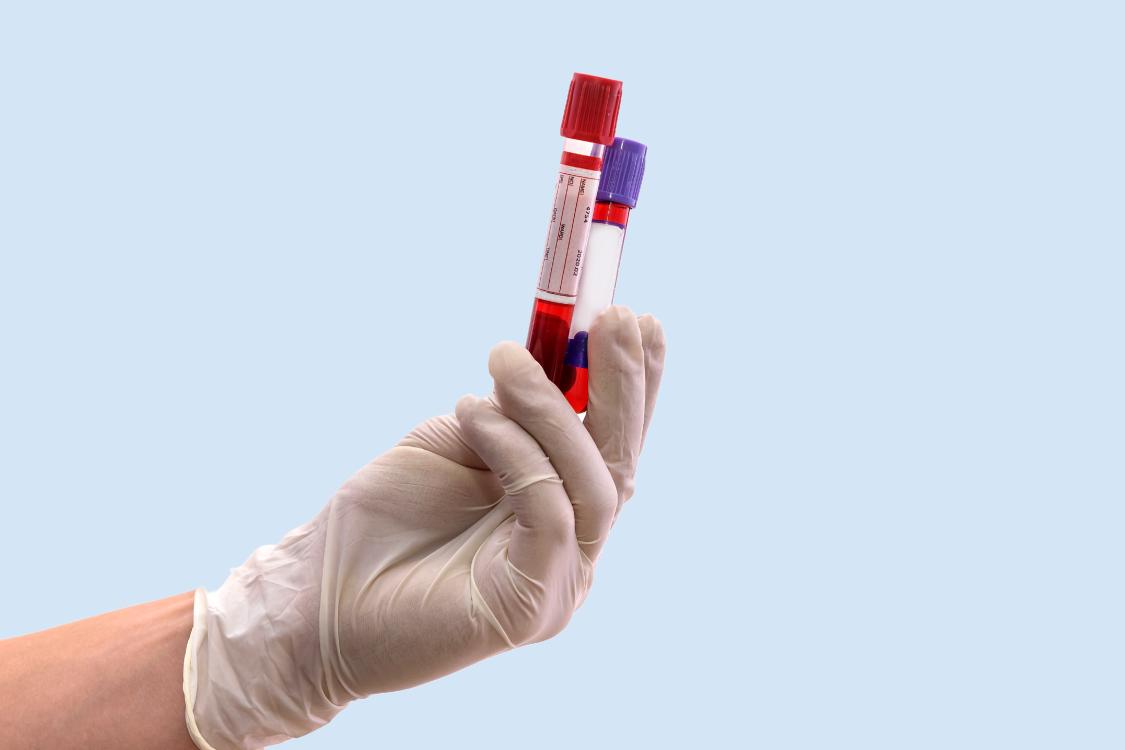What You Should Know About Cord Blood Banking
Cord blood banking is a process that involves collecting and storing the blood from the umbilical cord after childbirth. This blood is rich in stem cells, which have the potential to treat various diseases and conditions.
If you're considering cord blood banking, here's what you should know to make an informed decision. 🩸🔒
What Is Cord Blood and Why Is It Valuable? 🌡️💉
Cord blood refers to the blood found in the umbilical cord and placenta after the birth of a baby. It contains valuable stem cells that are capable of developing into different types of cells in the body.
These stem cells have the potential to be used in medical treatments for a range of conditions, including blood disorders, immune system disorders, and certain cancers.
Types of Cord Blood Banking 🏦🔒
There are two main types of cord blood banking:
Understanding the potential benefits and limitations of cord blood banking can help you make an informed decision:
Process and Collection 🌡️🧪
The collection of cord blood is a simple and painless procedure that takes place after the birth of your baby. Here's an overview of the process:
Choosing a Cord Blood Bank 🏦🔎
If you opt for private cord blood banking, choosing a reputable cord blood bank is essential. Consider the following factors when making your decision:
Making an Informed Decision 💡🤝
Deciding whether to bank your baby's cord blood is a personal choice. Consider the following when making your decision:




Answer
0